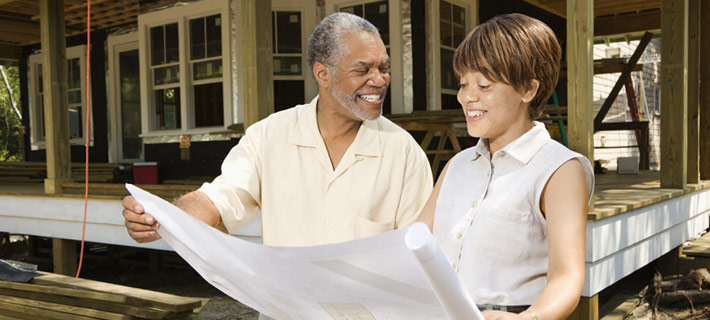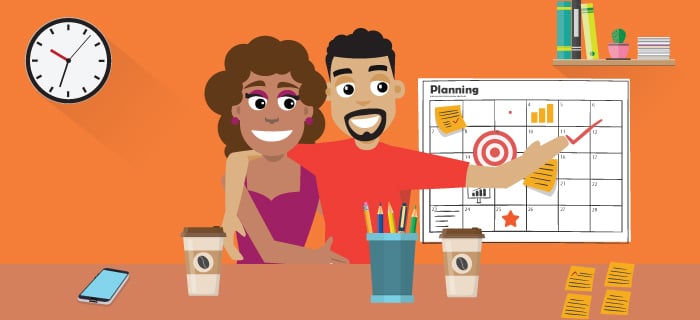Congratulations! You have joined that very special group of people known as: The Homeowners!
What makes this title SPECIAL? Well, owning a home is the dream of a lifetime, and one of the best investments you will ever make. As a new homeowner there will be lot you will not know, however, developing good habits now like budgeting, prioritising needs versus wants, maintenance and still saving a little will go a long way in making your happy homeowner journey truly, an easy and rewarding experience.
Homeownership comes with many important responsibilities. As you embark on this wonderful journey, here are the top five things you should know and do as a new homeowner.
Prioritizing Needs versus Wants – Do not spend too much to make it your home
As a New Homeowner, and it may be incredibly tempting to invest in improvements right away that will bring your vision of the perfect home to reality. While it’s natural to want to create a comfortable and inviting space, it’s more important not to overspend. You’ve just invested a large portion, if not all of your life savings, so money will be pretty tight for a while. Ask yourself the question, Do I really need this or that, NOW? Often you will find that if you answer honestly the answer is ‘no’.
Additionally, you are still getting used to your new monthly expenses. For some, your monthly expenses prior to this new and exciting title were a contribution to a household or a rent that included all the basic utilities. Now, these entire bills are your responsibility. Give yourself some time to adjust, which will allow you to make wiser decisions that can aid in avoiding financial stress. So, try to resist these temptations before spending any money on aesthetics or renovations.
Budgeting – Manage your finances
A good tip is to document your income as against your expenses each month. This way you can see where your money is going each month and if you find yourself struggling to get by you can identify unnecessary spending habits and eliminate them. You can start by separating your expenses into various categories, such as:
- Debts – mortgage instalment, vehicle loans, credit cards, other loans.
- Monthly bills – electricity, water, phone, internet, cable TV, property maintenance. If you have children – lessons, sports, clubs.
- Essentials – groceries, gas, insurance
- Leisure – gym memberships, subscriptions, pleasure shopping, entertainment, and social activities
Get the necessary homeowner’s insurance
There are several major types of mortgage insurances to protect you and your home. The two more important ones are Homeowner’s insurance and life/disability insurance. Homeowner’s insurance covers your home and applies to coverage for the structural components of your home, like the walls, roof, floors, fixtures, and fittings. This is required at the time of finalising your mortgage and is often included in the instalment. Life/disability insurance covers you either in total disability, temporary disability or in the event of your death.
At TTMB, we provide an option that covers you for both death and disability. If you become totally and permanently disabled and are no longer able to work or in the event of your death, your loan balance will be paid off in full. Please check out our Advance Protector Insurance for more details.
Think about your family’s safety and security
Learning how to be a good homeowner means learning how to make your family, yourself and your home safe. You are a new homeowner which carries some risk. Therefore, you should:
- Think about installing a security system, either a basic alarm system that will sound if doors or windows are opened while the alarm is set or a system that includes security cameras, motion-activated lights, and driveway alarms.
- Think about changing the locks to your doors as you do not know how many people may have copies of the keys to the current locks.
- Think about installing a fence for the backyard if you have children as they will be able to play outside safely.
Prepare for the rainy season/flooding
You should plan ahead so that you are ready for seasonal weather patterns such as the rainy season, which places your home at risk. There are various precautions you can take to help minimize flood damage, for instance, investigating any changes you can make to your home such as raising electrical sockets to at least 1.5 metres off the ground. It is also important to look at your lawn and drainage to ensure debris is cleared regularly.







